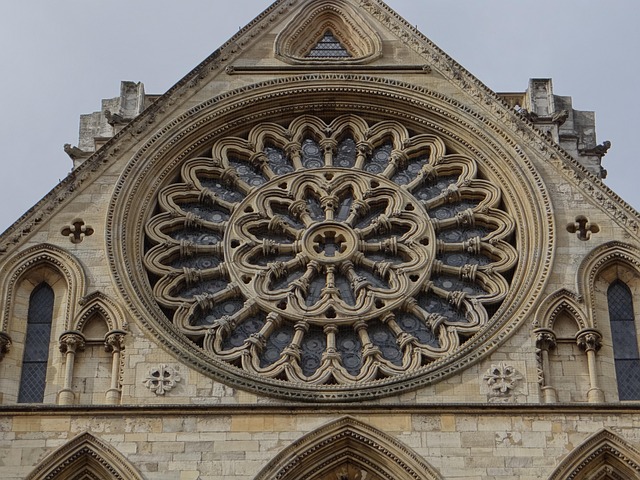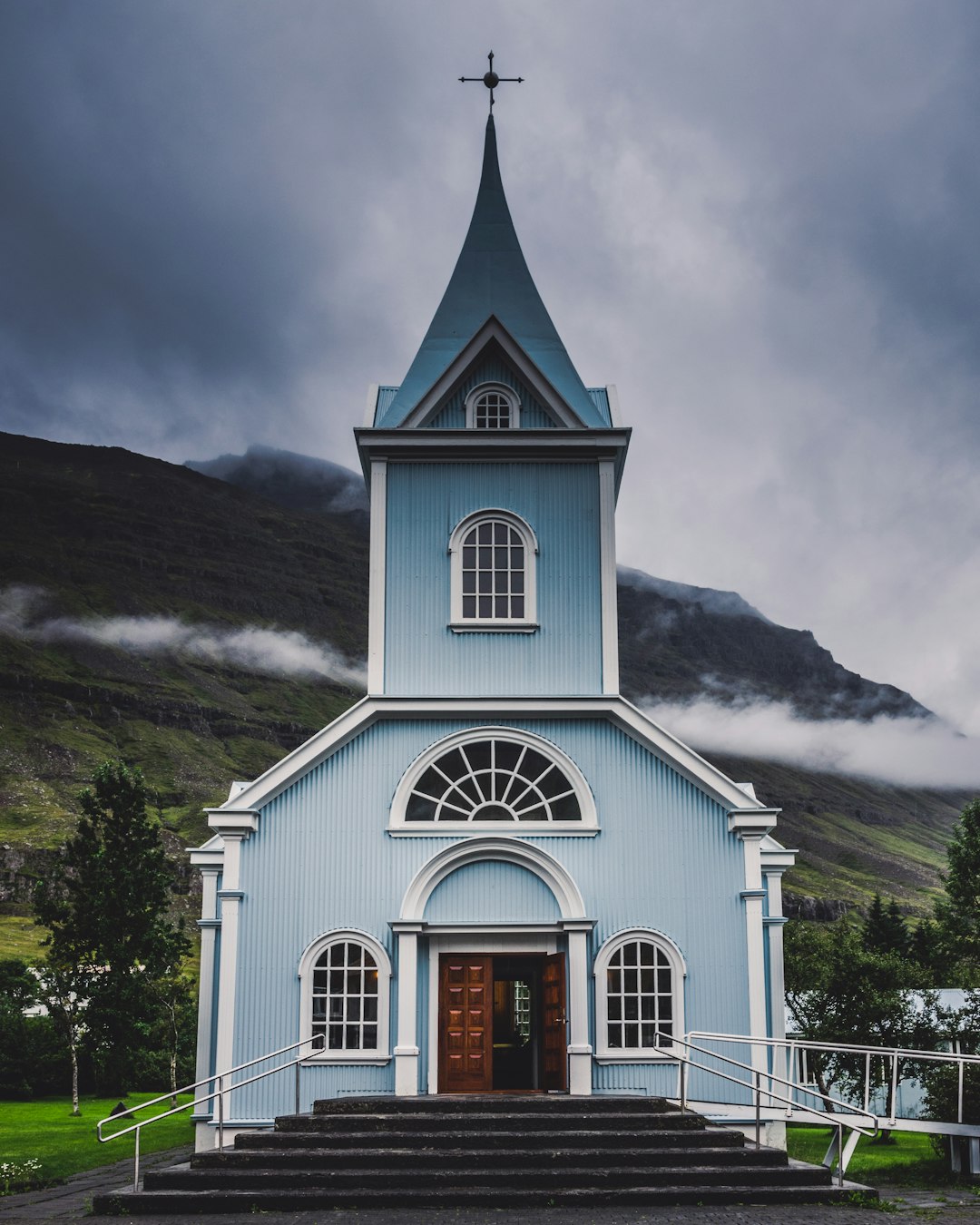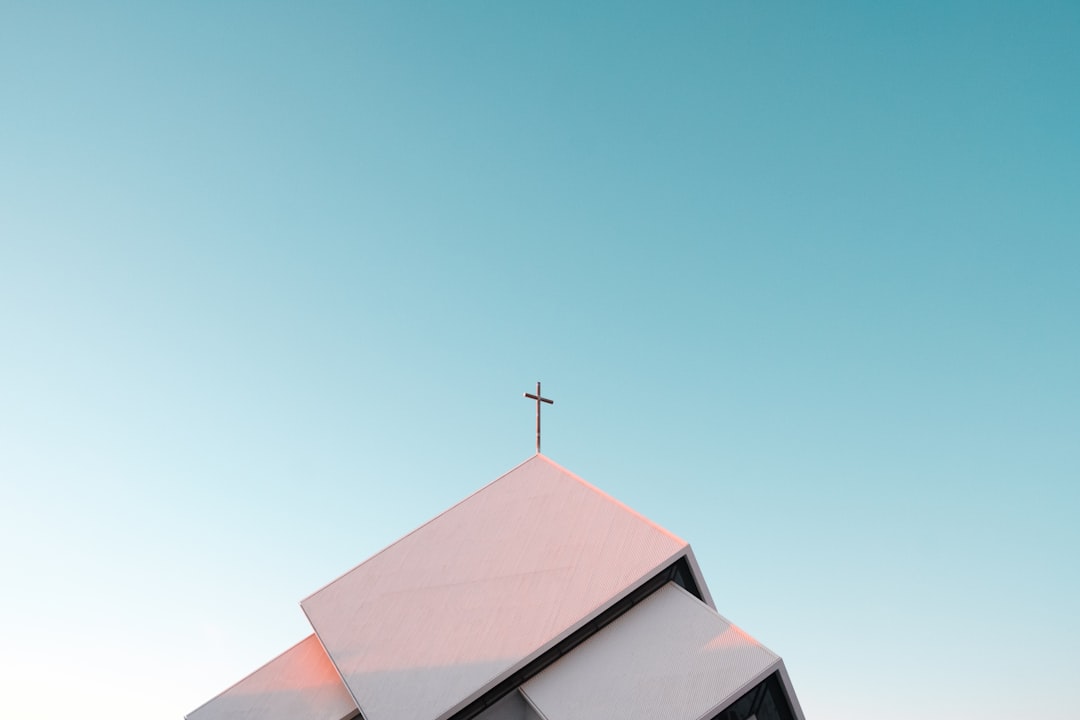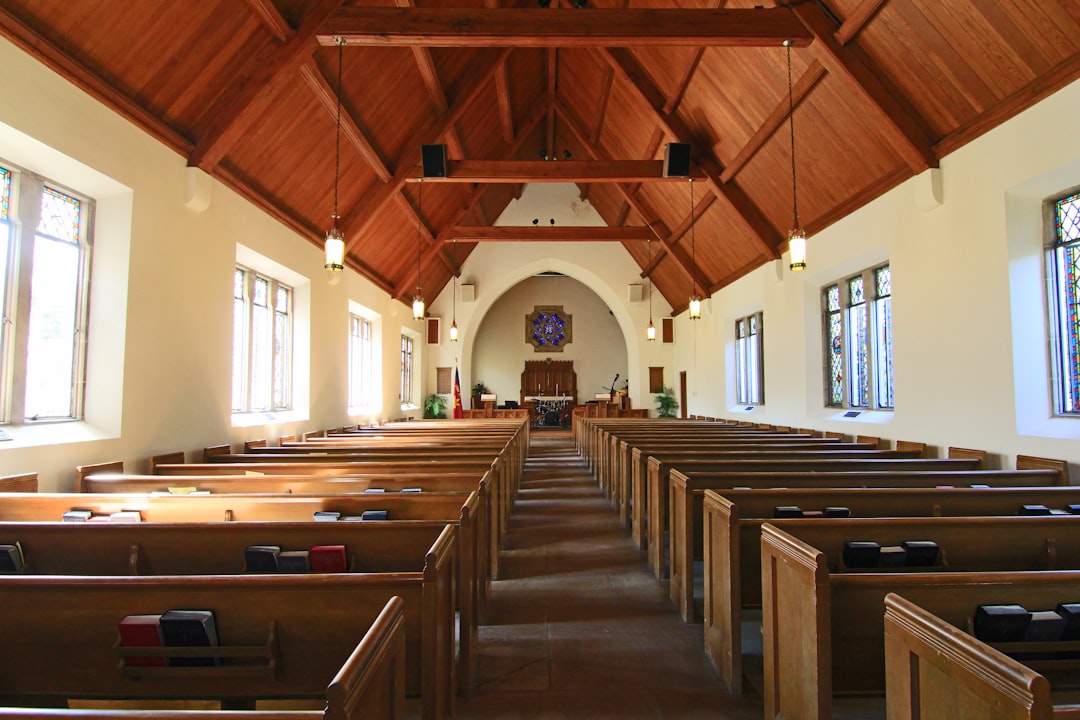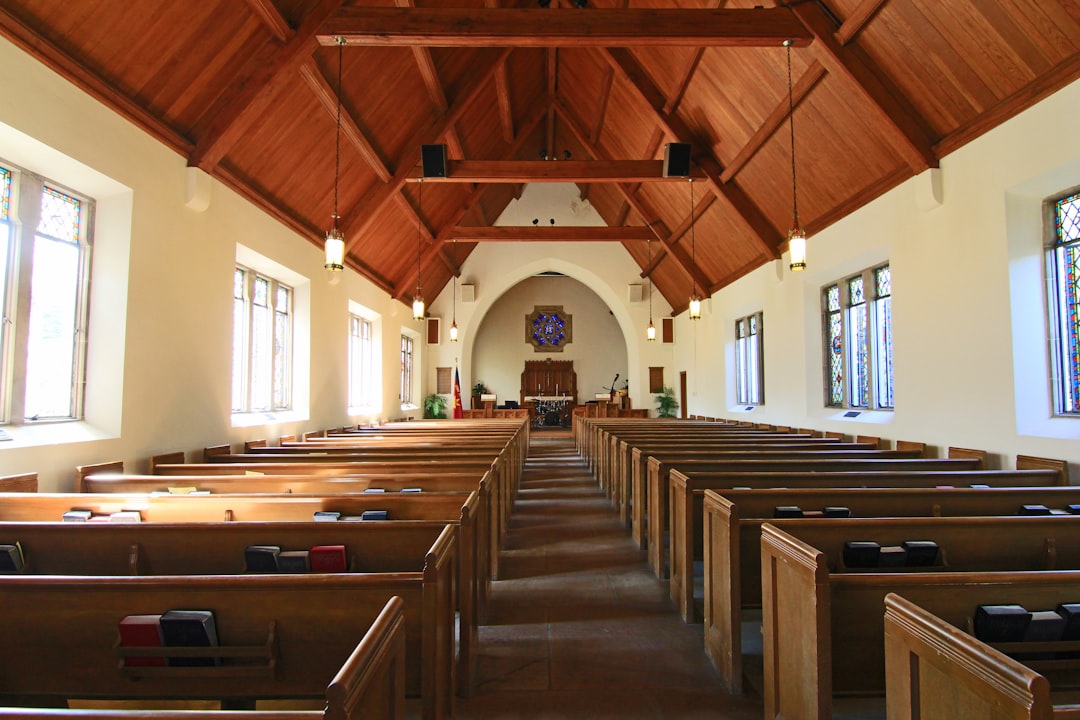Clergy abuse survivors in New York face unique challenges seeking justice due to sensitive nature and protected freedom of religion. Dedicated clergy abuse attorneys navigate complex legal landscape, guiding victims through state-specific laws and time-sensitive statutes of limitations. Support services include legal aid societies, counseling, peer groups, and online resources; a specialist lawyer assists in exploring legal action against perpetrators or institutions.
Legal Recourse for Clergy Abuse Survivors in New York
In New York, the issue of clerical abuse has been a growing concern, prompting survivors to seek justice. This article guides you through the legal landscape and offers crucial insights into your rights as a survivor. We explore the implications of clergy abuse within the state’s legal framework and provide essential information on finding a competent clergy abuse attorney in New York. Additionally, we highlight resources dedicated to supporting victims, ensuring they are not alone in their pursuit of justice and healing.
Understanding Clergy Abuse and Its Legal Implications in New York
Clergy abuse, a sensitive and often traumatic topic, refers to any form of mistreatment or exploitation by members of the clergy, including religious leaders, priests, and bishops. In New York, where freedom of religion is guaranteed under the state constitution, survivors of clergy abuse face unique challenges when seeking justice. If you’ve been affected by such an incident, a dedicated clergy abuse attorney New York can provide guidance tailored to the specific legal implications within the state.
New York’s laws regarding sexual misconduct and civil rights offer avenues for survivors to pursue legal action against abusive clergy members and institutions. Time-sensitive statutes of limitations must be considered when filing a claim, making it crucial for survivors to consult with an experienced attorney promptly. By understanding their legal rights and options, victims can take the necessary steps towards healing and holding accountable those responsible for causing them harm.
Navigating the Process: What to Expect When Consulting a Clergy Abuse Attorney in New York
When you’re ready to take action and consult with a clergy abuse attorney in New York, it’s understandable to feel overwhelmed. The process can be complex, especially given the sensitive nature of the issue. A qualified lawyer will guide you through each step, ensuring your rights are protected. They will first gather all relevant information about the abusive situation, including dates, locations, and any evidence you may have. This could include documents, witness statements, or even digital records.
Your attorney will then assess your case, explaining New York’s laws regarding clergy abuse and the potential legal options available to you. They’ll help you understand the statute of limitations, which is the time frame in which you can file a claim. During this process, it’s crucial to maintain open communication with your lawyer, providing them with all necessary details for a robust case.
Support and Resources for Survivors of Clergy Abuse in New York State
Surviving clergy abuse can be a complex and challenging journey, but there is support available for those in New York State who have experienced such trauma. Many organizations offer resources tailored to help survivors navigate their unique circumstances. These include legal aid societies, non-profit advocacy groups, and counseling services specifically focused on addressing the needs of abuse victims within religious communities. A clergy abuse attorney in New York can provide crucial guidance on legal options and rights, assisting survivors in seeking justice and healing.
Additionally, support groups led by peers who have shared similar experiences offer a safe space for emotional recovery. These networks foster understanding and encourage open conversations, helping individuals feel less isolated as they rebuild their lives. Many resources are readily accessible through online platforms, ensuring that survivors can discreetly access help from the comfort of their homes while they decide on their next steps, potentially involving legal action against perpetrators or affiliated institutions with a clergy abuse attorney in New York.
